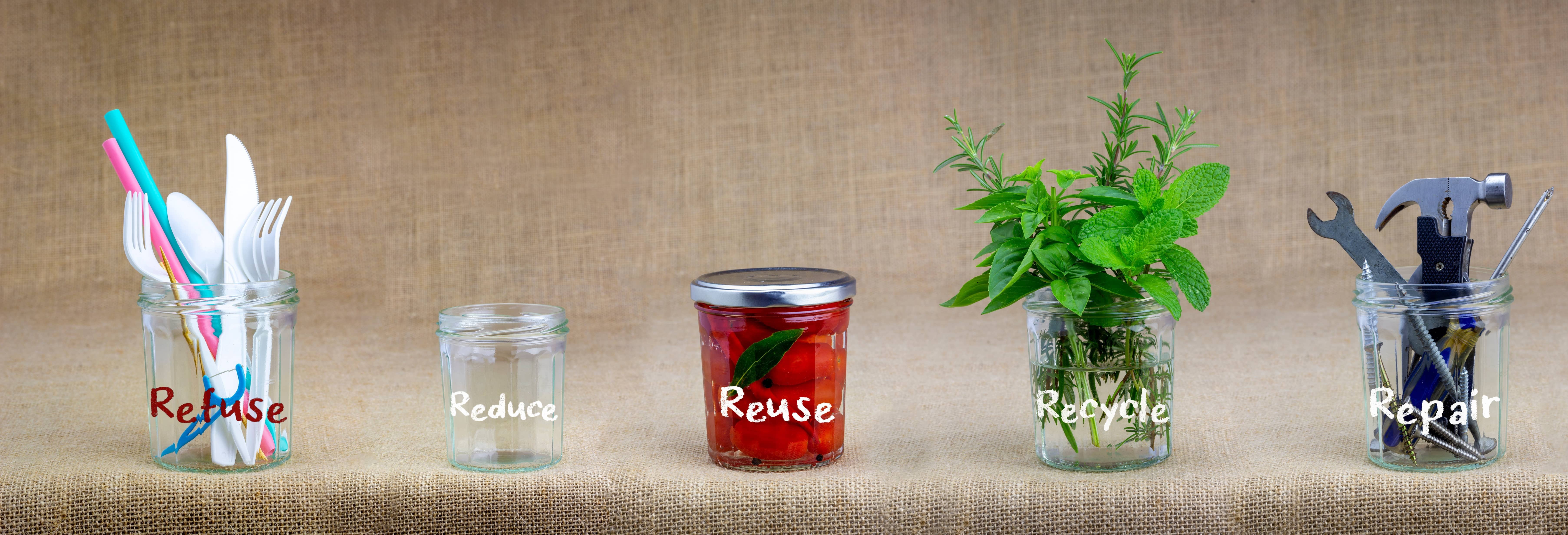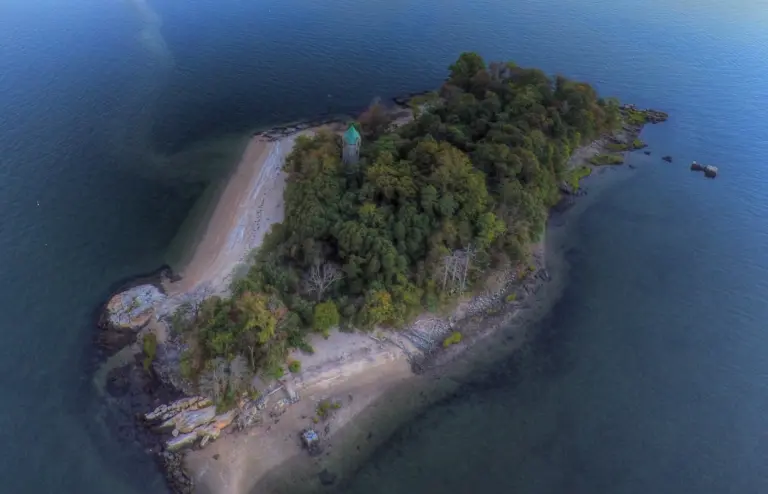
 By Shea Coughlin
By Shea Coughlin
With vaccinations on the rise in most states and the summer months in full swing, many are eager to return to one of the most exciting activities the pandemic made temporarily inaccessible: vacations. I was recently able to empty some of last year’s savings on a short trip to New Orleans. While I had an enormous amount of excitement at the prospect of getting off my doorstep after fourteen months of quarantine, I did not want to simultaneously ignore the progress I have made to reduce my carbon footprint over the last year. After having done my best to practice staying eco-friendly while traveling, I have found some strategies to be far more effective than others.
The first is keeping what I like to refer to as a “low waste survival kit.” This is a collection of items that one can keep in a small over-the-shoulder bag, but it covers the majority of unexpected waste while traveling. The items needed are a set of utensils (skip the knife if you are flying,) a reusable straw if you have one, a cloth napkin, a reusable bag, and a water bottle. Simply being prepared with those items precludes you from many instances in which a single-use version might be necessary. They come in handy more often than you would think. If you do nothing else, this will undoubtedly reduce the amount of waste you produce while traveling.
Bringing your own products is yet another concrete way to reduce waste while traveling. As convenient as hotel or travel-sized minis are, they produce an excessive amount of plastic and product waste. So, when traveling, I almost always bring my own. You can either put a small amount of your liquid products in an appropriately sized container, or if you were inspired by my last article about soap bars, bring your shampoo, conditioner, and body bars and rest easy knowing that flight-related ounce restrictions do not apply to solid soap!
Another fantastic way to reduce your carbon footprint while traveling is to take advantage of public transportation when available. As tourists in an unfamiliar city, it may be tempting to hail a taxi or take an uber. However, trams, metros, subways, tubes, and streetcars the world over have recently benefited from a pandemic era deep-cleaning. These systems are in nearly all cases, a more affordable and more environmentally friendly way to travel around a metropolitan area. If navigating a city’s public transport feels a little overwhelming, a little pre-travel research goes a long way.
My last bit of practical advice to help reduce waste on your vacation is to sit and stay awhile when eating out. Food containers are some of the hardest items to recycle because they must be thoroughly cleaned in order to be accepted at recycling centers. So, instead of stressing over what is or is not recyclable while on vacation, I suggest slowing down, making time to enjoy your meals, and avoid over-ordering if possible. Besides, leftovers are definitely overrated. Taking this time also allows for more moments of genuine connection with your loved ones.
For many, the vacations taken this summer will be the first days of uninhibited joy after a long, tumultuous, year and a half. Take some time with your loved ones, and take time to give a little love to the planet as well.

Shea Coughlin is the creator behind The Conscious Consumer. For more resources visit her YouTube channel (The Conscious Consumer) or her Instagram (@the_consciousconsumer_)



